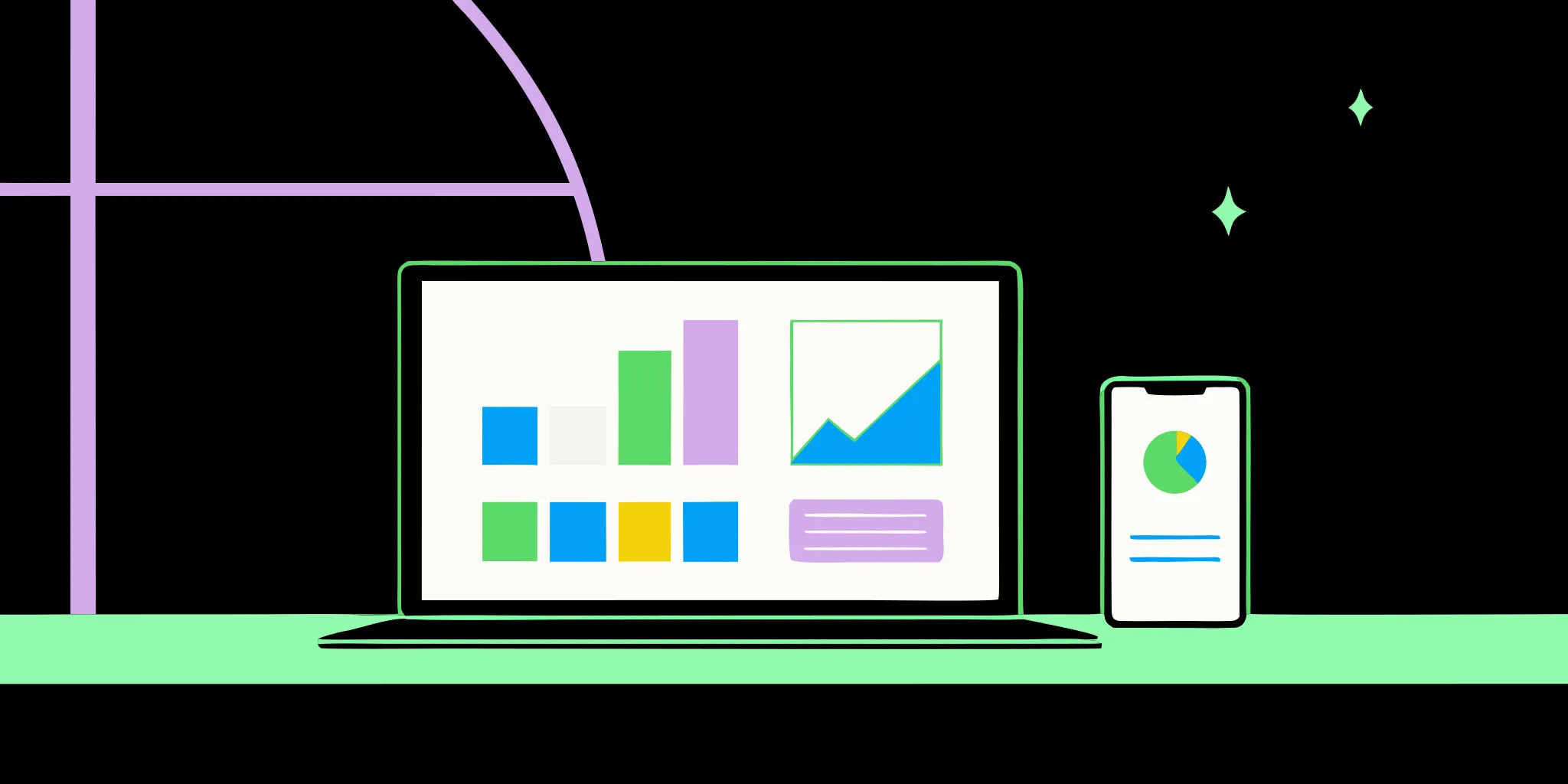
In the ever-evolving world of digital fundraising, strategies are constantly being refined to adapt to new challenges and opportunities.
Enter Facebook's Conversion API (CAPI), a game-changing tool that has emerged as a sophisticated evolution from the traditional Meta pixel.
This blog delves deep into the intricacies of CAPI, highlighting its pivotal role in enhancing data privacy, boosting ad performance, and ensuring pinpoint accuracy in event measurement.
From its resilience against ad blockers to its prowess in tracking both online and offline events, CAPI is redefining the advertising landscape.
As we journey through the current applications of CAPI in Challenges on Facebook and its anticipated future impacts, you'll discover how this tool is not just about collecting data, but truly harnessing its power for digital fundraising efforts.
So, whether you're a seasoned digital fundraiser or just curious about the latest in digital marketing ad strategies, read on to uncover the transformative potential of the Conversion API.
What is Facebook’s Conversion API?
Facebook's Conversion API (CAPI) is a tool that allows advertisers to send web-based and offline events directly from their server to Facebook's server.
It's designed to help nonprofits maintain data privacy, improve ad performance, and measure events more accurately, especially in light of browser changes that restrict third-party cookies.
Here's a breakdown of what the Conversion API is and why it's essential:
- Direct Server-to-Server Communication: Unlike the traditional Facebook Pixel that tracks user interactions via the browser, the Conversion API sends event data directly from an advertiser's server to Facebook's server. This bypasses potential issues with browser-based tracking.
- Enhanced Privacy: With increasing concerns about user privacy and data protection, browsers have started to block or limit third-party cookies. The Conversion API provides a way for advertisers to share data with Facebook while adhering to privacy regulations and without relying solely on cookies.
- Improved Accuracy: By combining the power of the Facebook Pixel (browser-side tracking) with the Conversion API (server-side tracking), advertisers can capture a broader range of user interactions, ensuring more accurate and comprehensive reporting.
- Custom Events: Advertisers can send custom events tailored to their specific business needs, offering more flexibility in tracking and optimizing for unique user actions.
- Resilience to Ad Blockers: Since the Conversion API operates at the server level, it's less susceptible to ad blockers, which typically operate in the browser.
- Offline Events: Beyond just online interactions, the Conversion API can also track offline events, such as in-store purchases, making it valuable for businesses with both online and offline touchpoints.
In summary, Facebook's Conversion API is a response to the evolving digital landscape, offering businesses a more robust and privacy-compliant way to measure and optimize their ad campaigns.
How GoodUnited is Using Facebook’s CAPI
At present, GoodUnited has integrated CAPI across all our organizations participating in November 2023 Challenges on Facebook.
This nifty tool grants us a crystal-clear view of the actions users take on our challenge landing pages, be it GoodUntied Grow pages or Fundraiser incentive forms.
Here's a snapshot of the events we're keeping tabs on:
- View content: Every single page view, because every visit counts.
- CreateFundraiser: That triumphant moment when someone clicks the 'create fundraiser' button.
- SubmitForm: For those who opt to ‘submit a form’ without diving into fundraising (exclusive to incentive forms).
- ActivateLater: The classic "I'll get to it...eventually" click (again, only on incentive forms).
- GoToFundraiser: For those eager to check out their fundraiser on Facebook.
- GoToGroup: The direct route to the challenge group, but only via grow pages.
Why This is a Thing
With this setup, we're not just collecting data; we're harnessing it.
We can craft specific audiences, sharpen our ads, and visualize these events within Facebook Ads.
It's like having a backstage pass to the world of ad campaigns. For instance, we can now retarget the "ActivateLater" audience with a timely "Start Fundraiser" call-to-action.
And here's a juicy tidbit: we’re in the midst of an A/B test for Fundraiser Retargeting Ads.
The aim? To compare link clicks (our old method) with the new "CreateFundraiser" event.
This test is in full swing for all November 2023 Challenges. If it's a hit, expect a shift in our strategy and a broader implementation in future challenges.
The ultimate goal? More bang for your buck when it comes to fundraisers created.
What’s Next
- Donation Data: Soon, real-time donation data will be at our fingertips. This means hyper-targeted ads, like those aimed at fundraisers who are just a smidge away from their reward threshold.
- "Conversion Leads" Database Integration: This upgrade will bridge our database with the Ads Manager, optimizing ad delivery. In essence, our ads will not only target potential leads but those who are likely to create a fundraiser and contribute.
- Timely Messaging: With these enhancements, we can ensure our messages resonate with leads based on their stage in the challenge lifecycle.
The Expected Ripple Effect
In a nutshell, we're leveling up. We're moving from gut feelings and hazy data to informed, real-time decision-making. This not only refines our audience targeting but also ensures we're nudging users towards actions that genuinely matter.
So, as we embrace this new era of Facebook Fundraising, one thing's for sure: the future of Facebook fundraising looks promising and data-driven.
Interested in seeing how GoodUnited can help your nonprofit use Facebook’s Conversion API for its fundraising efforts? Drop us a line here.




.jpg)













